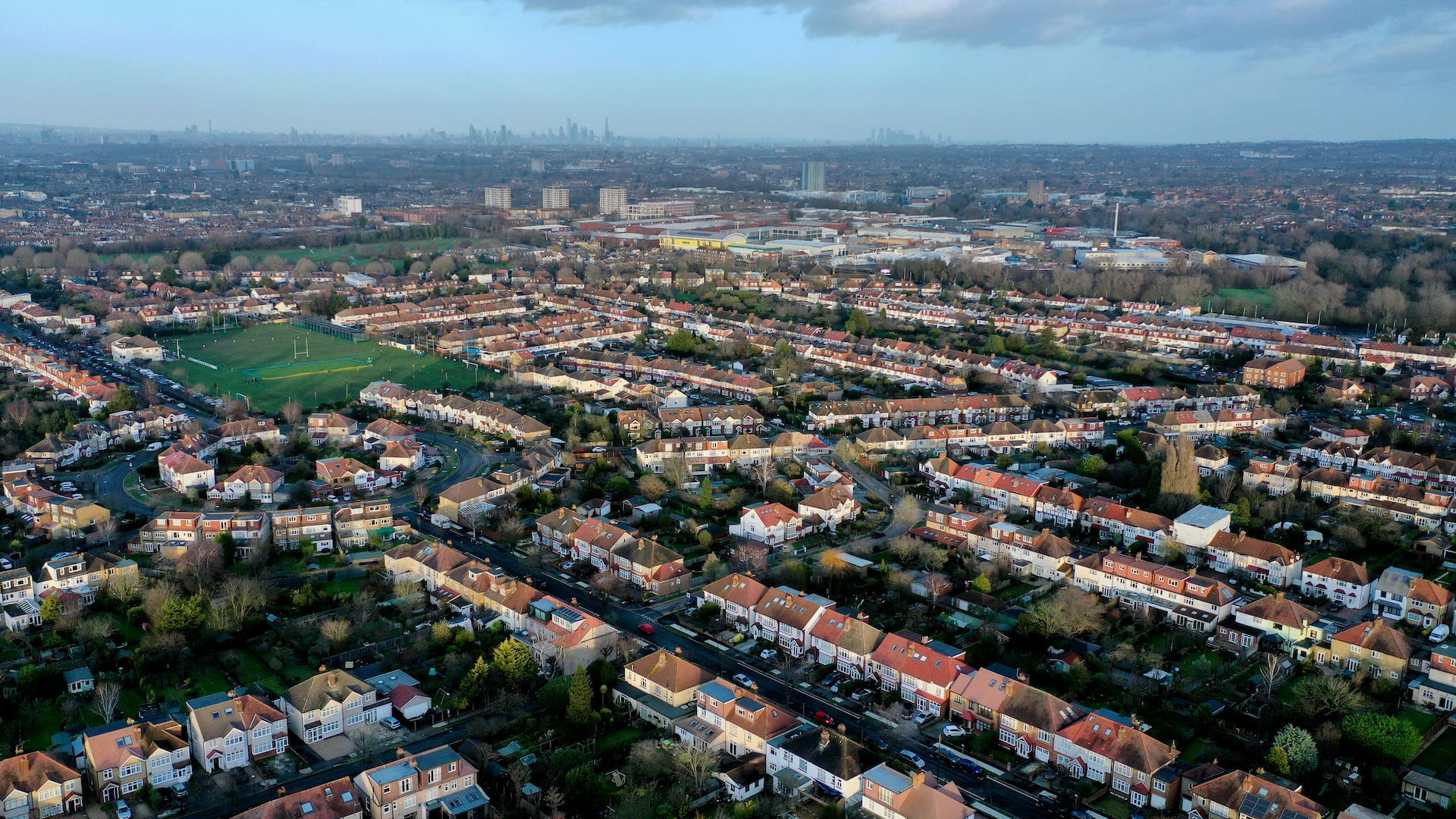So what do you do if you can’t pay your council tax after it rises in April?
Don’t just stop paying because there can be serious consequences. Many councils have the powers to send bailiffs to your property if you are behind on bills, and it can carry a prison sentence of up to three months if you don’t pay.
That’s why it’s so important to act and get support if you can’t afford council tax. Below, we’ve rounded up some places you can go to get help.
Can I get money off my council tax?
If you cannot afford to pay your council tax, the first step is to see if your council might be able to help. You could get money off your council tax bill.
People on a low income or claiming benefits might be eligible for a council tax reduction. Your bill could be reduced by up to 100% depending on your circumstances. That includes where you live, household income, benefits, residency status and savings.
Every council has their own scheme so it’s worth checking with them directly.
Advertising helps fund Big Issue’s mission to end poverty
You might be also to get a 25% discount on your council tax bill if you are living alone, known as a single person discount. Some people are not counted or ‘disregarded’ when working out how many people live in your property – that’s because they are exempt from council tax.
Exemptions include students, apprentices, live-in carers or severely mentally impaired. If all residents are exempt, you won’t pay any council tax. You still need to let your council know even if you are exempt.
Your council tax bill might also be reduced if a person in your household is disabled. But you have to meet specific criteria – your property must have an extra room to meet the needs of a disabled person or enough indoor space for a disabled person to use their wheelchair.
If you think your council tax bill is wrong, you should write to you council to appeal it.
What do I do if I can’t pay my council tax or I am behind on payments?
If you’ve missed a council tax payment, or you’re worried you won’t be able to pay your next bill, you should contact your council right away to tell them about your situation.
Your council might be able to help with a payment plan that is more manageable and affordable for you, such as paying in smaller amounts.
Advertising helps fund Big Issue’s mission to end poverty
If you are worried or need support, it’s worth reaching out to Citizens Advice or a debt advice service like StepChange who will be able to suggest the best options for you depending on your circumstances.
There are some instances where your council tax debt can be written off – including if you have no money left after usual living costs, you have a serious physical or mental health condition or your home cannot be lived in due to fire or flood damage.
Where else can I get cost of living help?
You could be entitled to benefits and tax credits if you are working or unemployed, sick or disabled, a parent, a young person, an older person or a veteran. You can use the charity Turn2Us’ benefits calculator to find out what benefits you are entitled to claim.
Citizens Advice offers information and services to help people and they can advise you as to what financial support is available from the government to help you.
People who are struggling financially may be eligible for charitable grants. You can find out what grants might be available to you using Turn2Us’ grant search on the charity’s website.
There are a huge range of grants available for different people – including those who are bereaved, disabled, unemployed, redundant, ill, a carer, veteran, young person or pensioner. Grants are also usually available to people who have no recourse to public funds and cannot claim welfare benefits.
Advertising helps fund Big Issue’s mission to end poverty
If you are unable to pay your council tax or any other bills, your local council may have a scheme that can help you. Local councils may be able to give you debt advice, help you get hold of furniture and support you through food and fuel poverty.
Your council may also have a local welfare assistance scheme, also known as crisis support. You can also find out what support your council offers through End Furniture Poverty’s local welfare assistance finder or by contacting your local authority directly.
You can find your local food bank through the Trussell Trust’s website or the IFAN’s member’s map. You can also call the Trussell Trust’s free helplines and talk to a trained adviser. It’s 0808 208 2138 if you live in England or Wales, and 0800 915 4604 if you live in Northern Ireland. You should contact your local council if you live in Scotland.
The government’s Help for Households website explains what support you could be eligible for and and we’ve got a round-up of all the cost of living help available to households here.
Do you have a story to tell or opinions to share about this? We want to hear from you. Get in touch and tell us more.
Advertising helps fund Big Issue’s mission to end poverty









